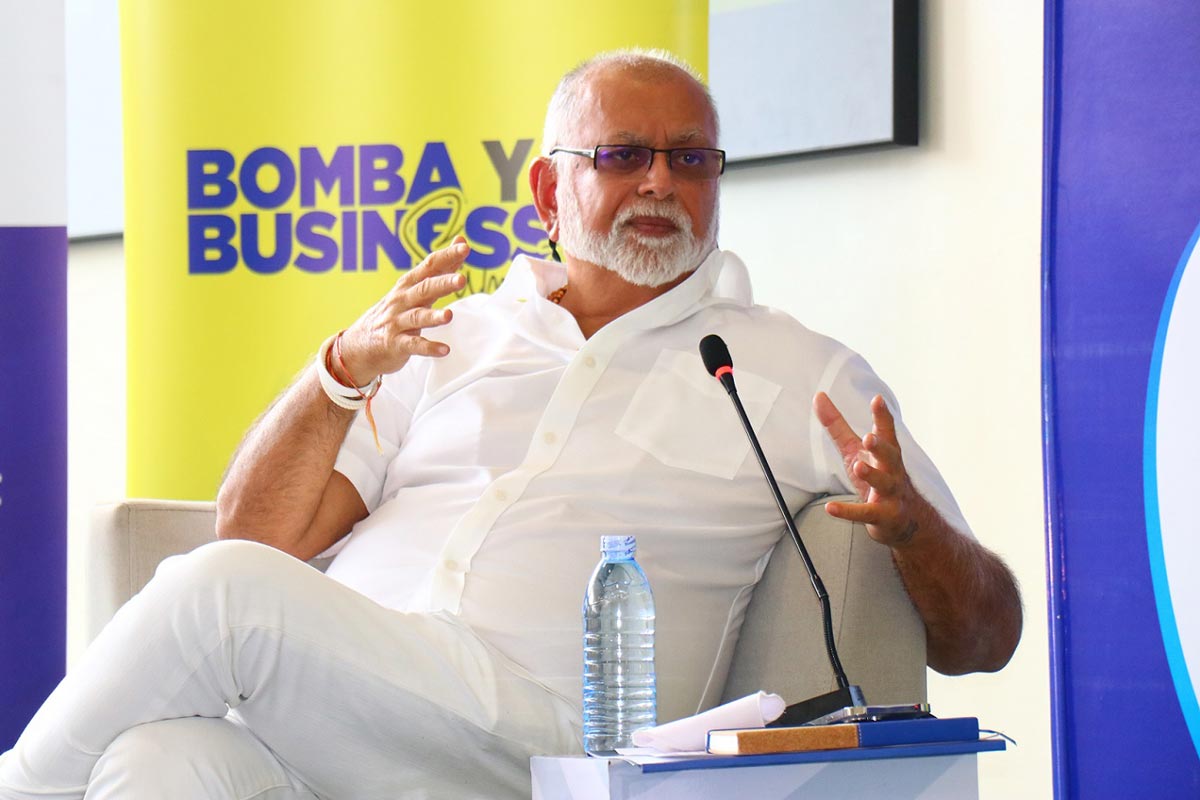
In a recent interview with the Global Indian Network, Sudhir Ruparelia, one of Uganda’s leading businessmen and a prominent member of the Indian Association Uganda, voiced a call for the official recognition of Uganda’s Indian community as a tribe, a demand that has sparked discussions about identity, integration, and historical presence of people of Indian descent in the country, drawing diverse reactions from the public.
The Indian community has been part of Uganda for over a century, with second and third-generation Ugandan Indians now forming a substantial group within the country. As contributors to Uganda’s economy, Indians, who make up less than 1% of the population, are responsible for an impressive 60-65% of the country’s tax revenue. Despite this, they are still not officially recognised as a tribe under the Ugandan Constitution.
The Call for Tribal Recognition
Sudhir Ruparelia’s remarks highlight the Indian community’s sense of belonging to Uganda. “We can’t go anywhere else, so we need an identity within this country. We’ve been here for over 100 years, and many Africans who migrated to Uganda from other countries are recognised as tribes. Why not us?” He also emphasised the significant economic contribution of the Indian community, underscoring the importance of Uganda as his true home, despite having residences in other countries.
Under the current Ugandan legal framework, tribal recognition is linked to ancestry dating back to 1927. This means that if the Indian community can prove that their ancestors were in Uganda by then, they could potentially be eligible for recognition. While this may be a challenge, genealogical evidence could support their claim.
Public Reactions on X (formerly Twitter)
The topic has elicited various reactions online, with some supporting the demand for recognition and others questioning the need. One user asked, “Isn’t being Ugandan enough for them?” This sentiment was echoed by others who pointed out the community’s lack of social integration. “For 120 years in Uganda, they have failed to socially integrate with Ugandans, and that’s why they are still looked at as strangers,” remarked another.
The Indian community in Uganda led by tycoon Sudhir Ruparelia demands that the Indians in Uganda should officially be recognized as an open tribe because they have been here for over 120 years and importantly they contribute 65% on the country revenue, this is good for them but…
— Kirya Ug 🇺🇬 (@kirya_ug) October 10, 2024
Others focused on the positive impact the Indian community has had in Uganda. One commentator pointed out, “Indians make up just 1% of the population but contribute a staggering 65% to the Ugandan total tax revenue. Unlike other foreign groups, Indians plant roots, assimilate, respect local laws, and contribute wholeheartedly as responsible citizens.”
Still, some questioned the practical benefits that tribal recognition would offer to the Indian community. “What are the Indians in Uganda not getting now that they would start to benefit from if they became a tribe?” asked another, humorously adding, “Anyways, someone explain to me slowly like I am Kenzo.”😂
The call for tribal recognition raises broader questions about identity, belonging, and what it means to be part of a country’s fabric. Uganda currently recognises 56 indigenous tribes, and gaining such recognition is tied to ancestral presence. For the Indian community, the demand is not just about legal status but about the acknowledgement of their long-standing contribution and existence within the country.
In the end, the debate around the Indian community’s demand for tribal recognition touches on issues of integration, historical presence, and economic contribution. While opinions may differ, the conversation highlights the complexity of identity in a multicultural society like Uganda.
What do you think?
1 thought on “Sudhir Ruparelia Tribal Recognition Bid for Indians in Uganda”
The issue of the Indian community seeking nationality should also revolve abd dependent around their willingness to mingle with the native Ugandan. They have failed to have anything to do with Ugandans and their culture. In Uganda we have genuine love for ourselves, despite the tribal differences